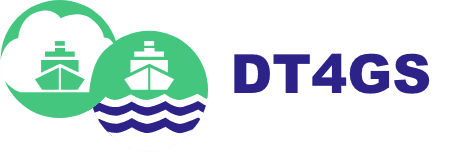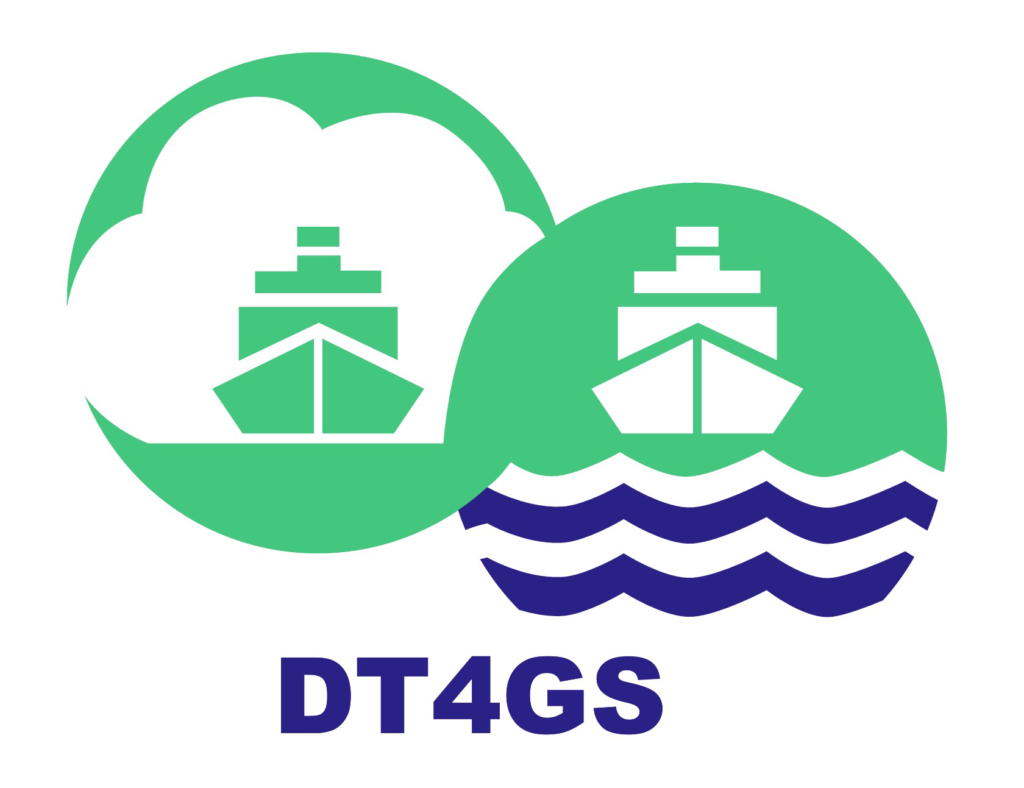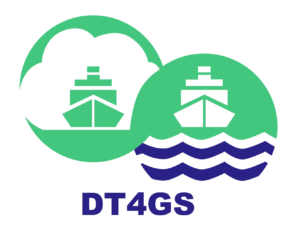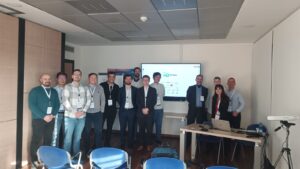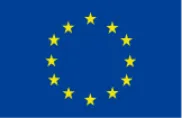Shipping logistics can often be a complex and challenging process, with various barriers and obstacles that can impede the smooth flow of goods and cargo (Sarkar and Shankar, 2021). One of the key challenges in port logistics is Operational Optimization, often related to Voyage Planning and Routing Optimization, which, amongst other things, involves finding the most efficient and cost-effective way to transport goods from the port to their destination. Optimal ocean route planning is strongly connected to the fuel oil consumption (FOC) of sea vessels and the minimization the CO2 emissions that reduce cost and the environmental footprint of Shipping. Among other factors, this approach aids jointly towards the efficient and robust ship tracking, weather forecasting, and emission control. The existing spatiotemporal data-driven solutions are employed upon a multitude of features, from vessel tracking devices and structural properties of the ship, to features that capture weather and internal machinery condition. Vessel monitoring and tracking can be performed using Synthetic Aperture Radar (SAR) images and data from the Automatic Identification System (AIS) (Zhao et al., 2014) or other surveillance systems (Chen et al., 2020). The spatial dimension that completes the vessel monitoring focuses on local conditions, such as the waves and currents that affect the cost of overseas movement, while the temporal aspect monitors environmental and ship-system conditions and examines how they evolve with time. The multitude of data-driven methods that are employed in modern Information Systems for vessel monitoring and route optimization available in the literature fuse features from multiple sensors onboard (Filippopoulos et al., 2022). However, there aren’t many systems available currently in the maritime sector that deal simultaneously with the challenging matter of employing- evaluating and eventually integrating in the workflow, models, in a continuous and automated manner. The OODT envisaged ecosystem and support mechanisms, proposed in the context of D3.4, will offer a versatile and broad range of services employed with SOTA frameworks concerning the CI/CD of models as well as the appropriate communication protocols and virtual/containerized environments for the optimal versioning, storing and deployment of data driven and analytical solutions related to operational efficiency, monitoring and environmental compliance.
DT4GS has received funding from the Horizon Europe framework programme under Grant Agreement No 101056799.
